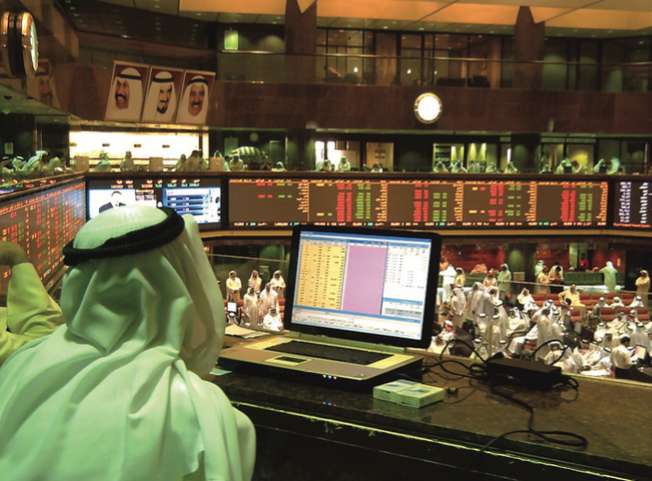The recent economic crisis that has shaken America to the core has only put forth the many underlying problems major US institutions are confronted with. Last month, prior to the crisis, Abu Dhabi Commercial Bank (ADCB) announced that it had filed a major lawsuit against American financial brand names such as Morgan Stanley, the Bank of New York Mellon and ratings agencies Moody’s and S&P.
The lawsuit, which was filed at the US district court in Manhattan, targeted Cheyne Structured Investment Vehicle (SIV), a complex financial structure previously highly rated. The statement provided by ADCB said that the legal action alleges, amongst other things, that “ADCB was misled about the quality of the underlying mortgages in which the Cheyne SIV would invest.”
In spite of the fact that the Cheyne Finance fund had been selling investments and had enough cash to repay commercial paper due through November, Standard & Poor’s cut Cheyne Finance’s ratings on August 28 by six notches, quoting the deteriorating market value of its assets as a main motivator to its decision.
The scandal stems from a previous valuation on August 15 by Standard and Poor’s, which described the Cheyne notes as one of the highest investment grade. The downgrade seemed to take place at a spiraling speed, with prices deteriorating over a very short period of time. Reports of the downgrade prompted questioning in the financial community regarding the quality of the overall ratings process.
Cheyne Finance is one of dozens of structured investment vehicles, known as SIVs, considered to be playing a pivotal role in the fixed income markets. Such vehicles usually operate by issuing commercial paper, thus borrowing money using short term notes and then investing the money in longer term securities that boast higher returns.
However, the subprime crisis that took over the world and the subsequent liquidity crunch plaguing the markets have weighed heavily on companies that depend on commercial paper. They were thus faced by daunting funding shortages, with investors increasingly wary of advancing any funds in such a volatile context. Many SIVs were rumored to be selling off bank some of their assets in order to reimburse investors.
ADCB said in its statement that “it had also held talks with other banks and investors in the six-member Gulf Cooperation Council about joining its class action and based on these conversations, it expected additional investors to join or support the legal action as required.”
“This is the next step in a process aimed at recouping the losses ADCB has already incurred, and additionally, this is an important step in paving the way for other GCC investors to ensure they are provided an opportunity to recover their own losses. This is the right thing to do and ADCB has taken a proactive early lead to protect itself and other investors,” said Eirvin Knox, ADCB’s CEO.
The bank brought the action on behalf of all investors who bought investment grade Mezzanine Capital Notes which were issued by Cheyne Finance, a wholly owned subsidiary of Cheyne Finance Capital Notes.
ADCB seeks unspecified money damages and class-action or group status on behalf of everyone who invested in the vehicle launched by Cheyne Finance Plc from October 2004 to October 2007.
Bloomberg reported on August 25 that “Cheyne’s structured investment vehicle, premised on short term borrowing to buy higher-yielding assets, collapsed last year. Investors have recovered about 55 percent of the face value of their holdings in an auction of Cheyne’s assets.” It also added that the SIV had owed about $5.7 billion in senior debt, according to its receivers at the accounting firm of Deloitte & Touche.
Also named as defendants in the lawsuit are two units of the New York-based credit ratings firm Moody’s Corp, as well as the Standard & Poor’s Ratings Services, a unit of the McGraw Hill Companies Inc.
ADCB is a full-service commercial bank which offers a wide range of products and services such as retail banking, wealth management, private banking, corporate banking, commercial banking, cash management, investment banking. It is owned to 64.8% by the Abu Dhabi government through Abu Dhabi Investment Council and its shares are traded on the Abu Dhabi Securities Market.
This lawsuit might further impede investors’ confidence of the US market, something that US companies are not in need of in the light of the very unsettling financial context.







